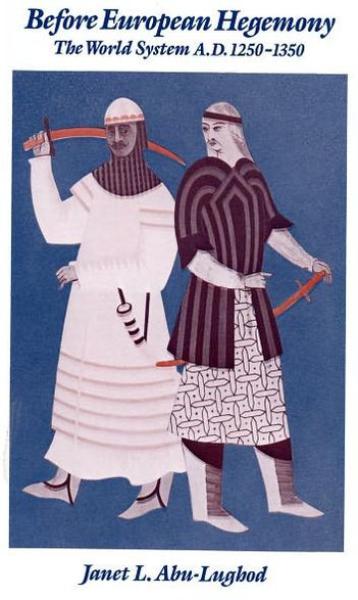Description
In this important study, Abu-Lughod presents a groundbreaking reinterpretation of global economic evolution, arguing that the modern world economy had its roots not in the sixteenth century, as is widely supposed, but in the thirteenth century economy--a system far different from the European world system which emerged from it. Using the city as the working unit of analysis, Before European Hegemony provides a new paradigm for understanding the evolution of world systems by tracing the rise of a system that, at its peak in the opening decades of the 14th century, involved a vast region stretching between northwest Europe and China. Writing in a clear and lively style, Abu-Lughod explores the reasons for the eventual decay of this system and the rise of European hegemony.
"First published in 1989 ... First issued as an Oxford University Press paperback, 1991"--T.p. verso.
A provocative, well-researched, imaginative book.--Contemporary Sociology
A useful and stimulating economic history that juxtaposes data from many different regions....The book should prove useful and popular in world history courses.--American Historical Review
An important work in historical sociology.--Science & Society
A beautifully written work, whose scope is comparable to those of Immanuel Wallerstein and Fernand Braudel.--American Sociological Association
World history at its best, combining breadth and depth, pattern with detail....A first-class contribution that will become a major reference point in future scholarship.--American Journal of Sociology
"First published in 1989 ... First issued as an Oxford University Press paperback, 1991"--T.p. verso.
A provocative, well-researched, imaginative book.--Contemporary Sociology
A useful and stimulating economic history that juxtaposes data from many different regions....The book should prove useful and popular in world history courses.--American Historical Review
An important work in historical sociology.--Science & Society
A beautifully written work, whose scope is comparable to those of Immanuel Wallerstein and Fernand Braudel.--American Sociological Association
World history at its best, combining breadth and depth, pattern with detail....A first-class contribution that will become a major reference point in future scholarship.--American Journal of Sociology
Last updated on
Product Details
- Oxford University Press, Brand
- Feb 21, 1991 Pub Date:
- 0195067746 ISBN-10:
- 9780195067743 ISBN-13:
- 464 Pages
- 8.4 in * 5.42 in * 0.81 in Dimensions:
- 1 lb Weight:




